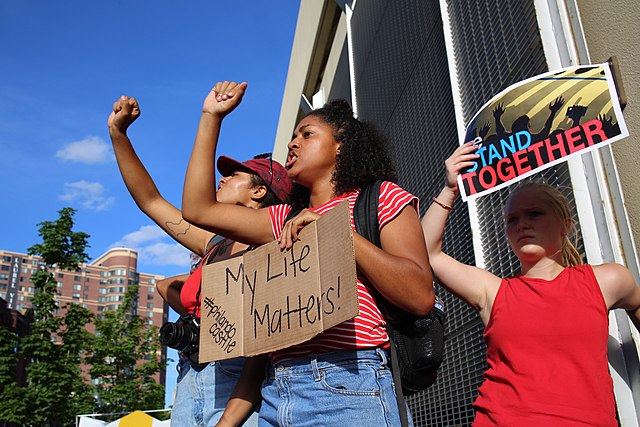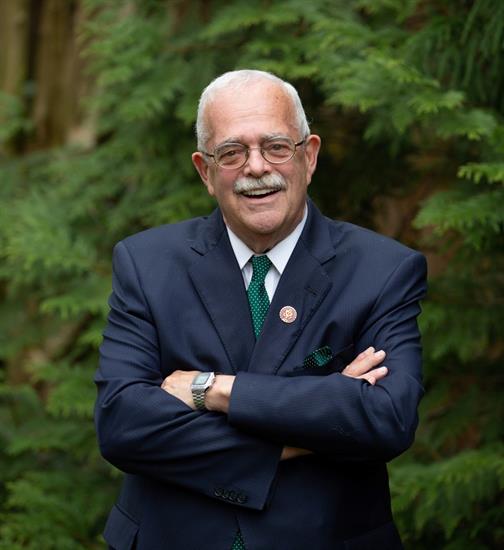Biased assumptions leave Black people exasperated
by Roger Chesley, Virginia Mercury
Please, white America: Just stop it.
Stop trying to put Black people in their “place.” Stop calling the police when African Americans have the temerity to refuse to show their ID – as if you are a law enforcement official. Black Virginians already have to deal with being stopped by actual police more than white people, recent data shows, and are more likely to be searched during such traffic stops. Black folks deal with health disparities, disproportionate access to housing and other serious issues, so stop tattling on Black folks for minor reasons; they’re simply going about their daily routines.
Their lives might be at risk when police arrive. Black people, even children, have been killed when assumptions were wrong or a suspected crime was trivial.
The latest bit of nonsense occurred in Newnan, Ga., near Atlanta. Anthony Gibson was approached by a woman questioning why he was using a residents-only pond in his own neighborhood. The avid fisherman, who’s Black, had fielded so many annoying queries that he began posting the encounters on social media. Police were called on him at least once.
Gibson told NBC News two white men fishing nearby had been dipping their poles in the pond for seven years and never been questioned – even though they didn’t live there. Fancy that.
The incident reminded me of one I covered in Chesapeake years ago. A young Black woman who lived in a pricey subdivision was interrogated about using the private community pool there in 2009.
“You don’t look like you live in the neighborhood and you need to get out,” a white official in the homeowners association told her, according to a lawsuit Brandy Hudgins filed in circuit court.
When she wouldn’t show the official her pool key, he called police. They arrived, the recent Hampton University graduate showed them her driver’s license and pool key, and police told the official to leave Hudgins alone. Her $850,000 lawsuit was later settled out of court.
Marvin Chiles, assistant professor of African American history at Old Dominion University, told me Wednesday these incidents often happen in communities where middle-class Blacks and whites are just starting to live together. Biases are at play.
“Many people believe that if Black people are in an affluent neighborhood, they don’t belong,” Chiles added.
Historical tropes are never far from the surface, though, that paint unidentified Black people as a menacing threat. The woman in New York City’s Central Park who called 911 about a bird-watcher in 2020 made a point that an “African-American man” was threatening her. Christian Cooper’s video told a different story, and he had asked the woman to leash her dog in a section where it was required.
People of all colors usually have a right of being exactly where they are. Let’s cease the vengeful tattling.
(Virginia Mercury is part of States Newsroom, a network of news bureaus supported by grants and a coalition of donors as a 501c(3) public charity. Virginia Mercury maintains editorial independence. Contact Editor Sarah Vogelsong for questions: info@virginiamercury.com. Follow Virginia Mercury on Facebook and Twitter.)



